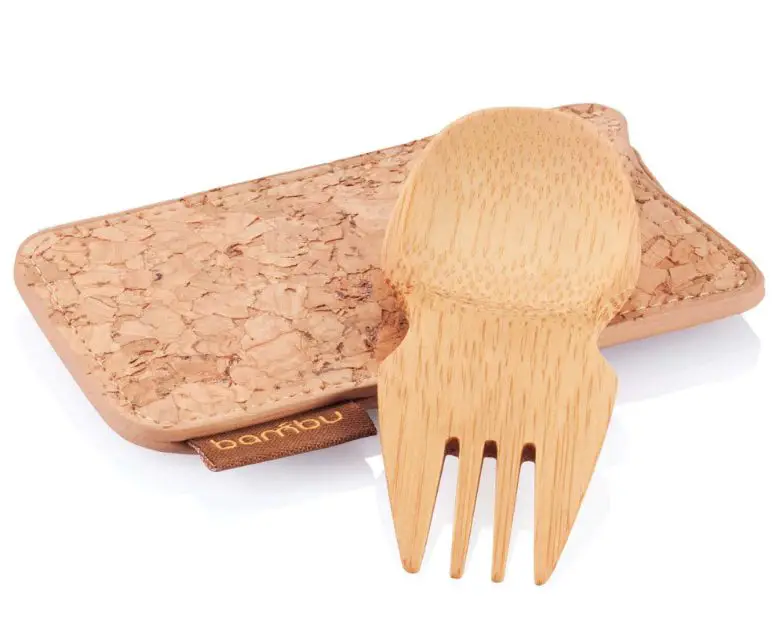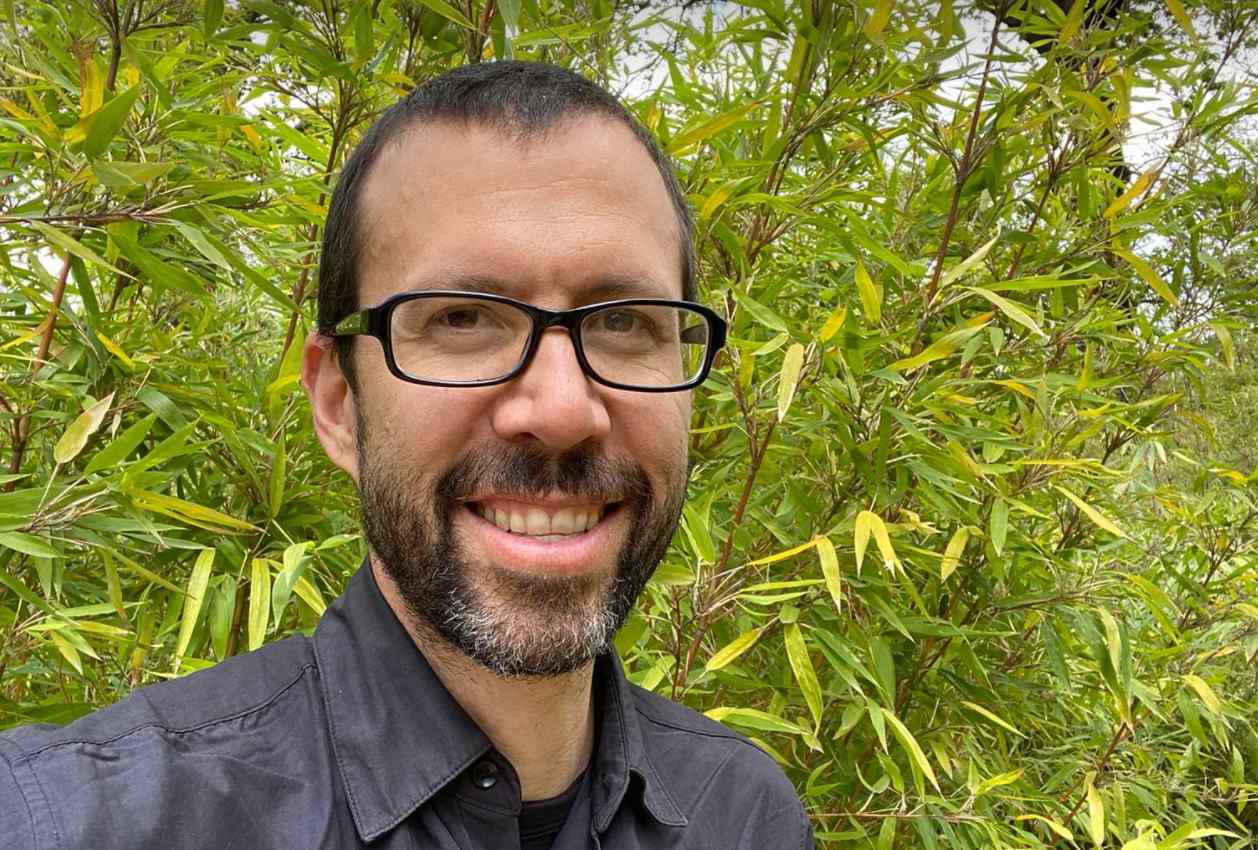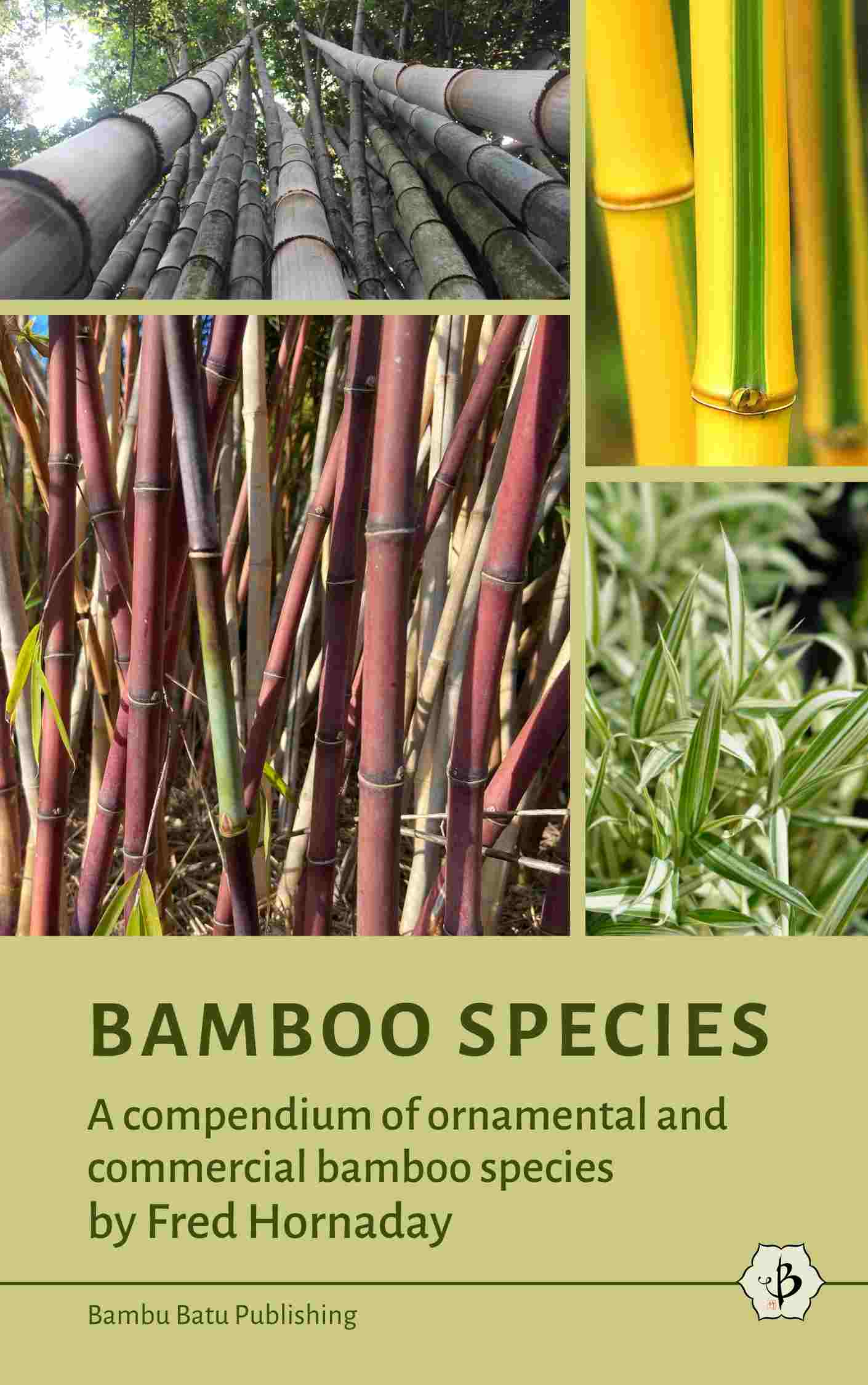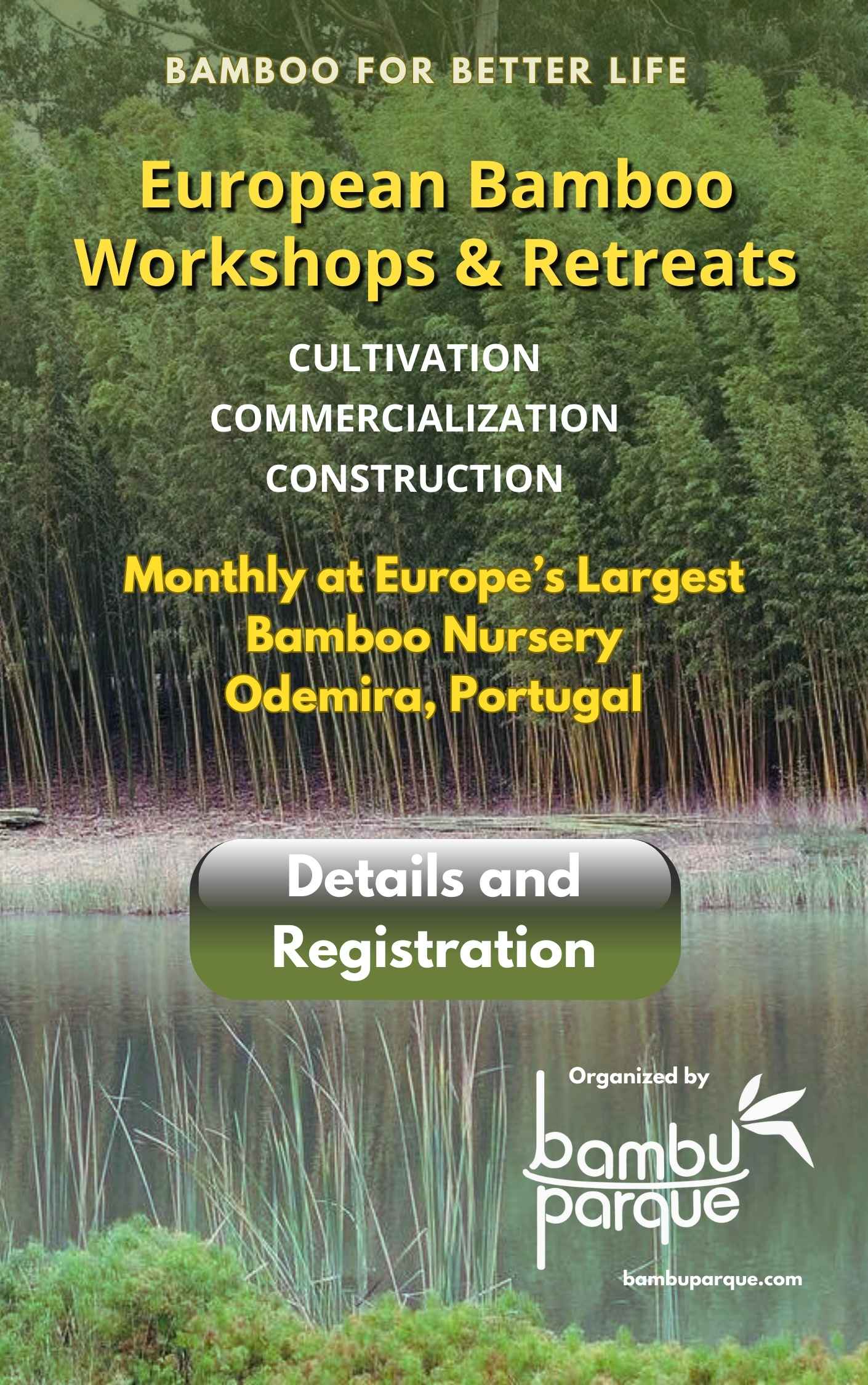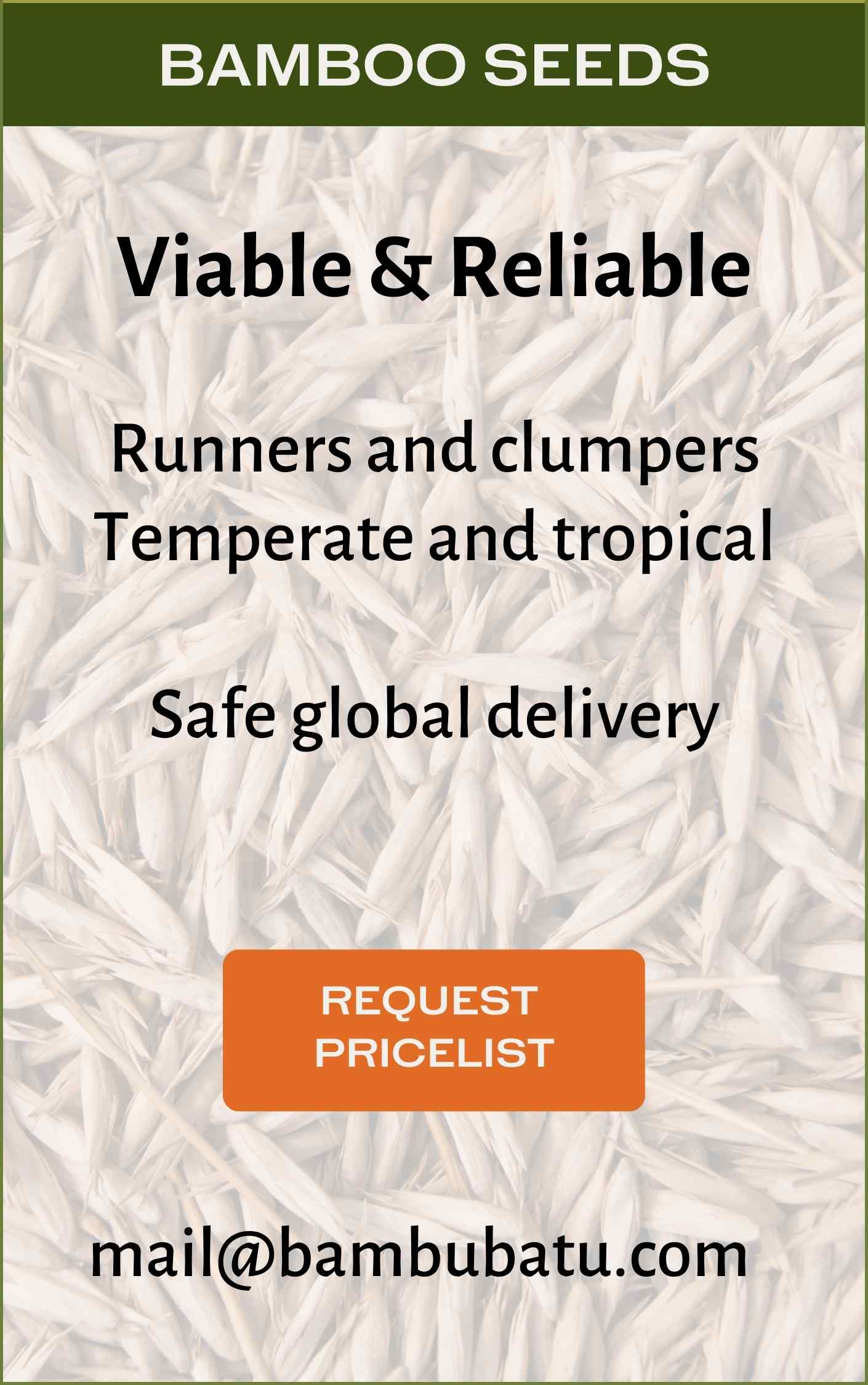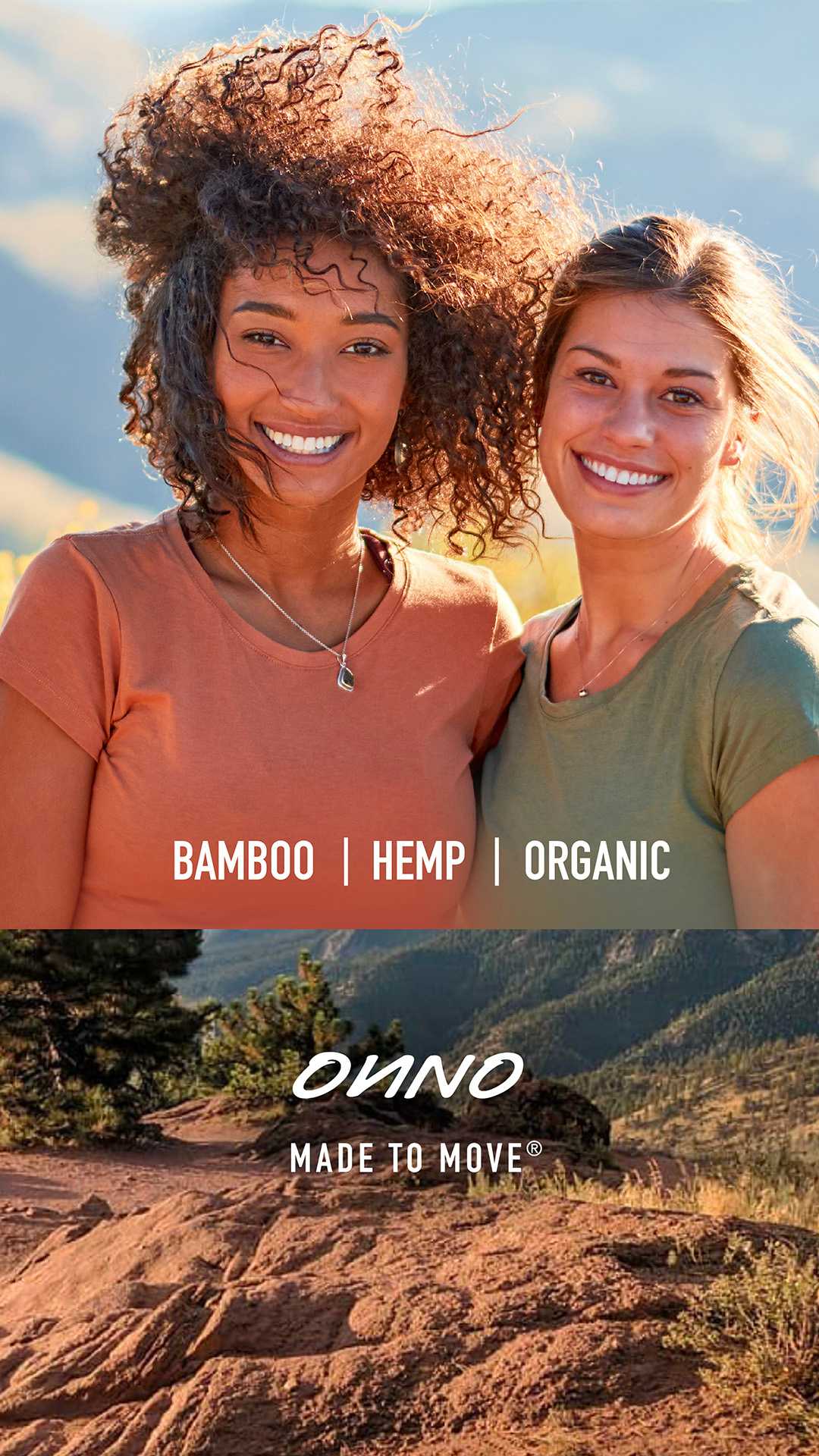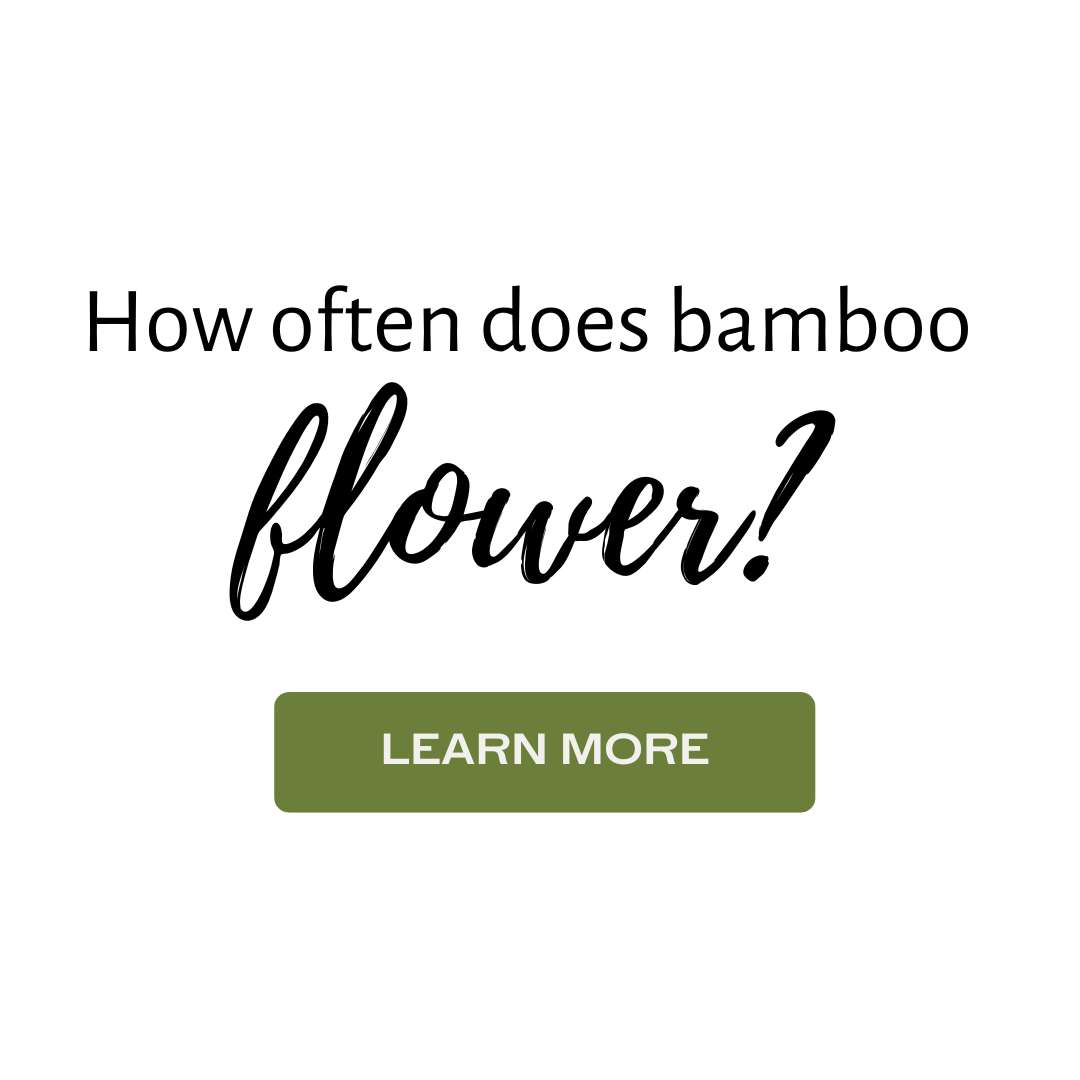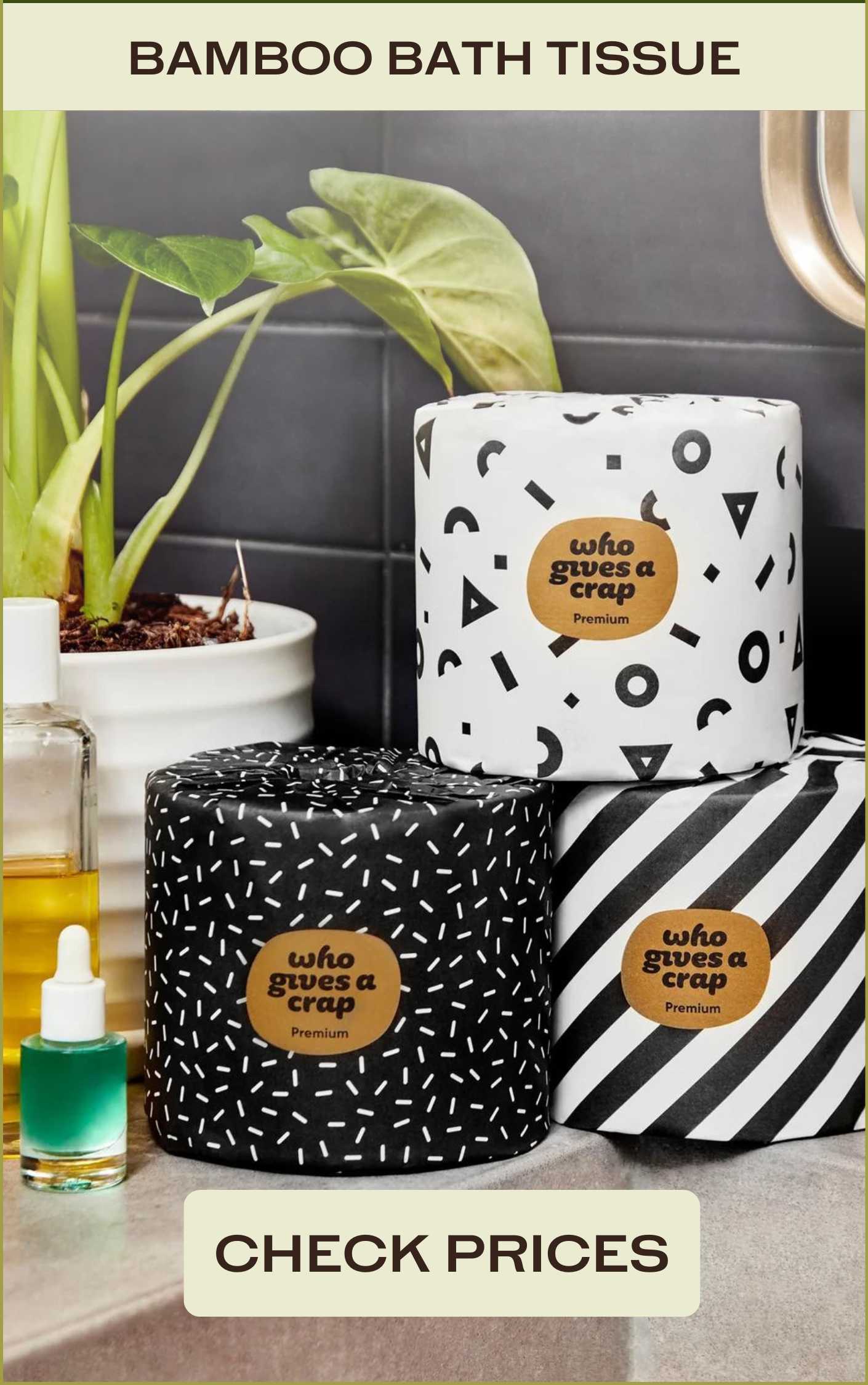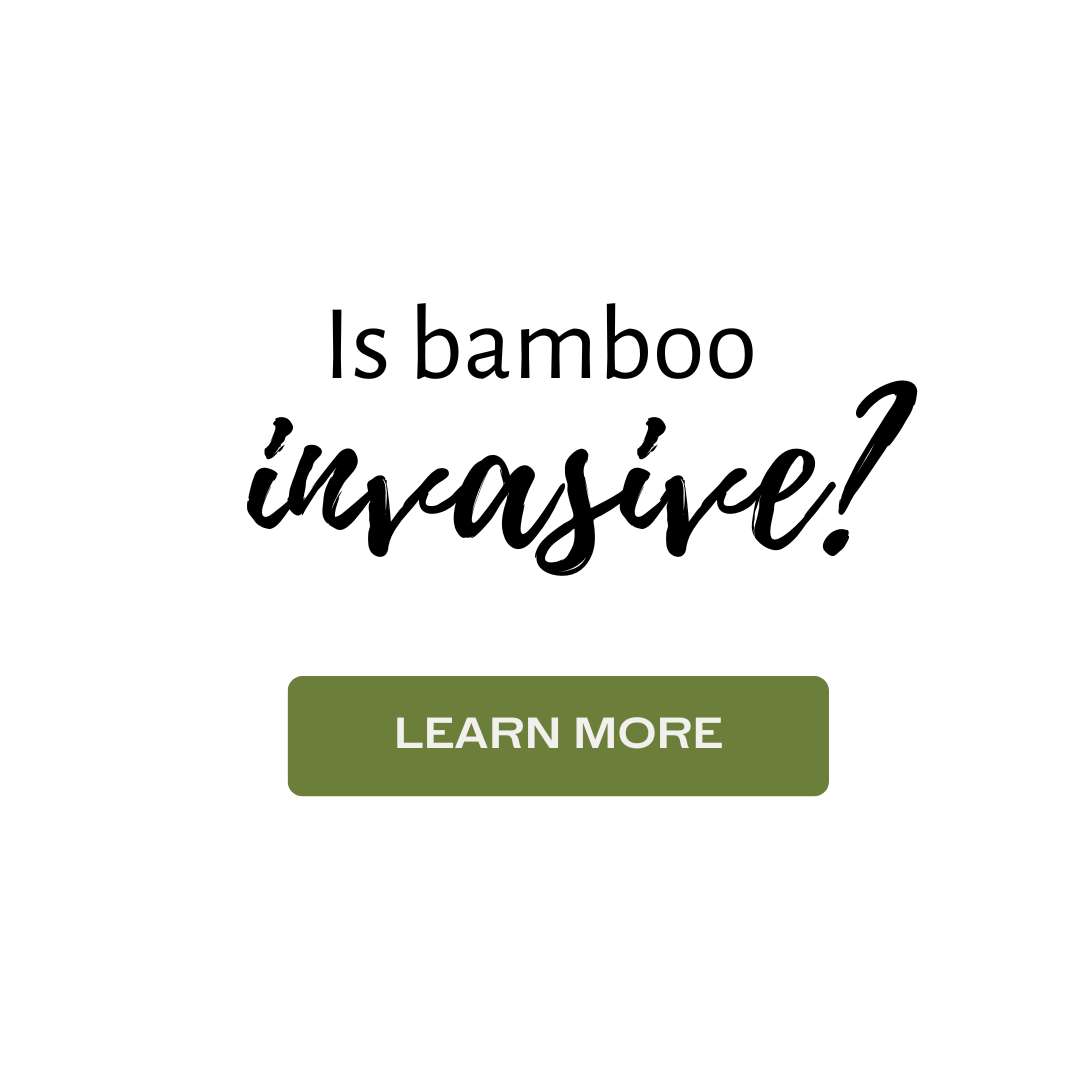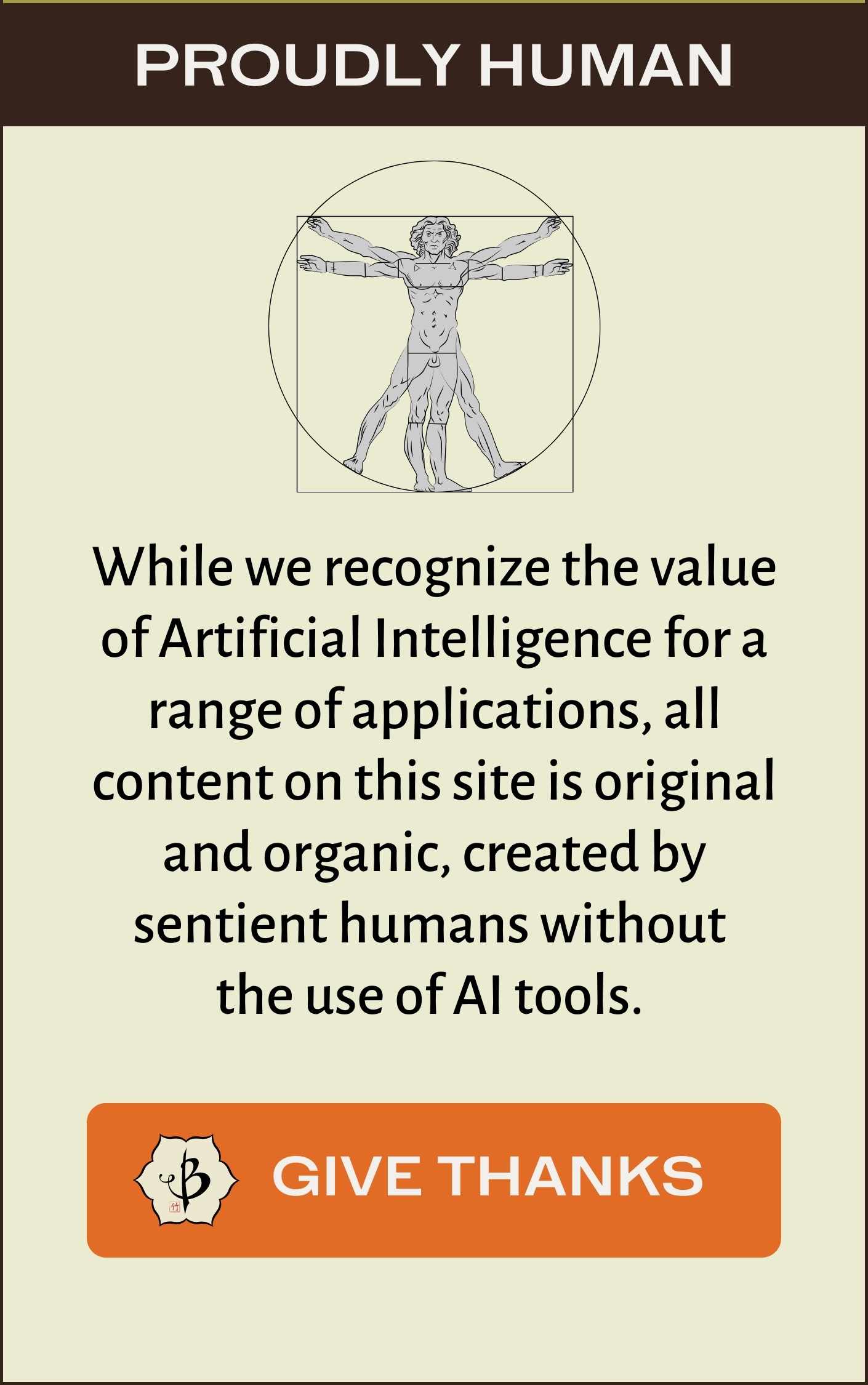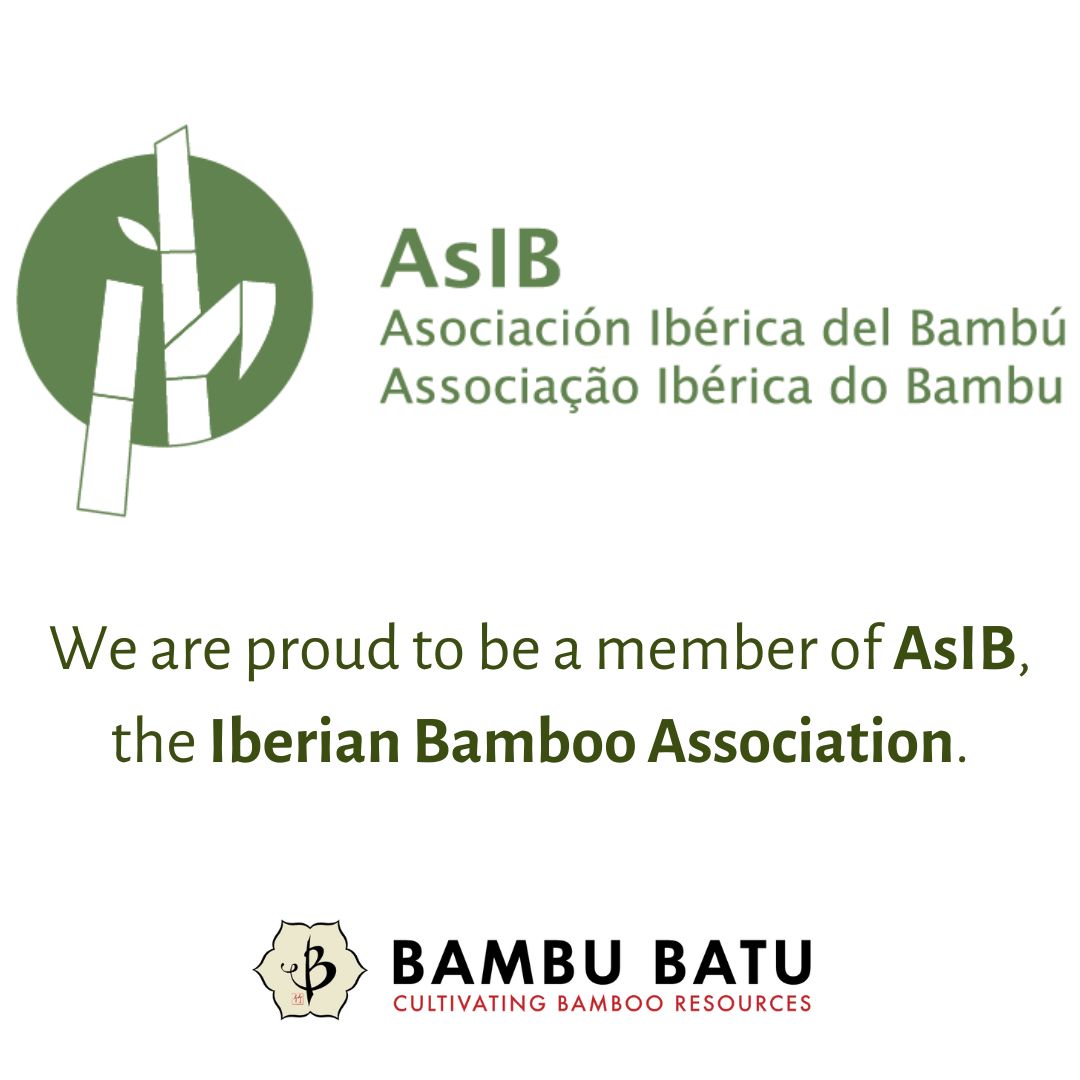Did you know that 380 million tons of plastic were produced in 2018? That brings the total quantity of plastic up to about 6.5 billion tons since its introduction in the mid 1950s. Yeah, that’s a lot of dixie cups.
A PLASTIC APOCALYPSE
Generous estimates say that first world countries manage to recycle about 25 percent of their plastic waste. If it’s disposed of responsibly, the remaining waste should end up in the landfill.
But I would encourage you to visit your local landfill and see for yourself just how responsible it is. Like the holocaust museums in Germany, they are something every citizen of this planet should be aware of.
Civil society has found a way to make it look like our garbage simply disappears at the end of every week. But that’s not actually how it works. Talk about burying the truth.
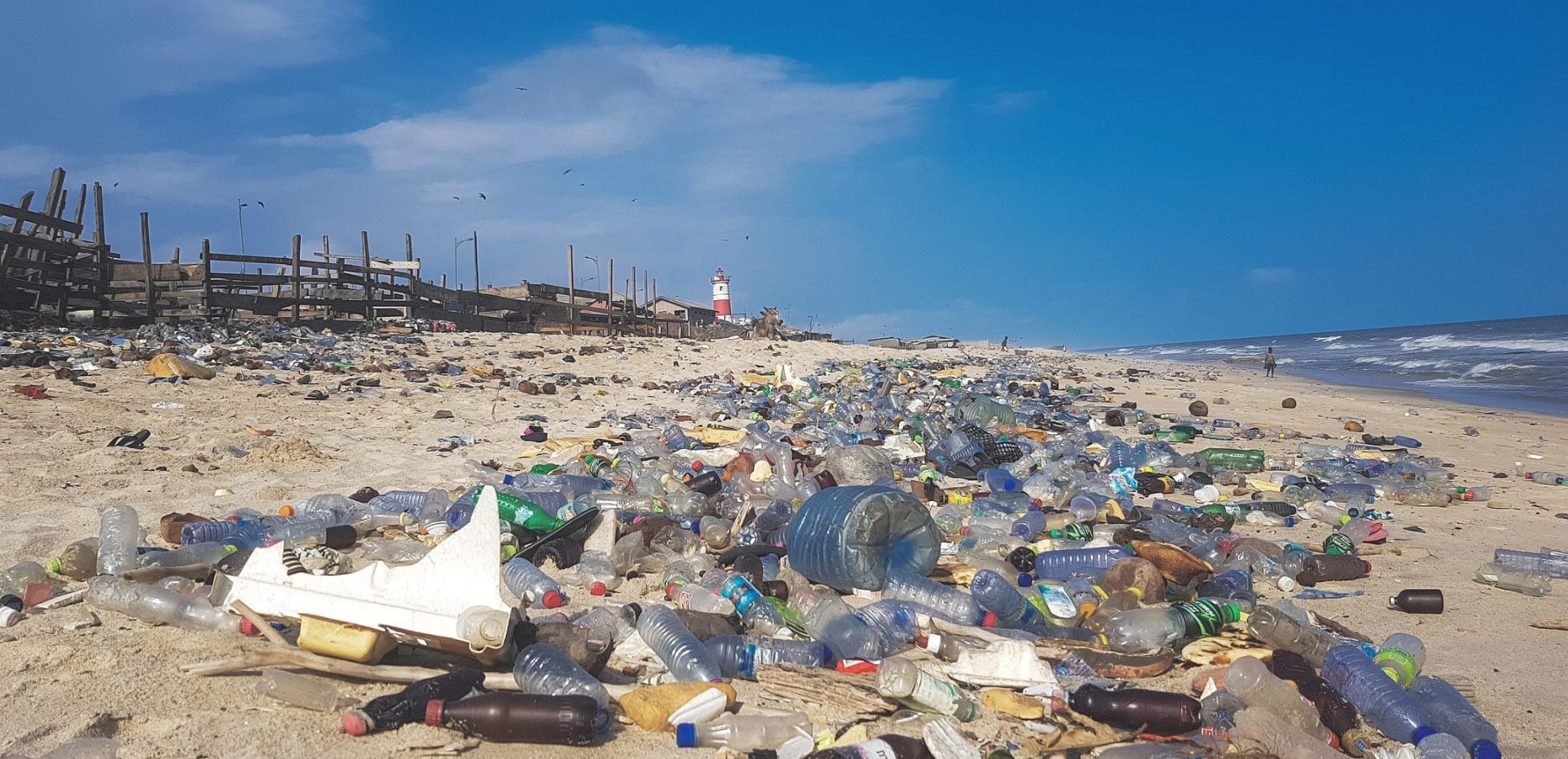
Meanwhile, we know for certain that astronomical quantities of plastic and packaging are ending up elsewhere. How do we know that? Because there are multiple islands of litter floating around the sea, and they are larger than some countries. And I don’t mean Malta or Liechtenstein. The Great Pacific Garbage Patch, though difficult to measure, is at least the size of Texas or France, and some estimates say many times larger.
But the plastics don’t just sit there, floating about harmlessly like a few olives in a salty martini. If only.
For several decades now, birds and marine life—not trained to be on the watch for harmful particulates—have been consuming this toxic debris at a brisk and predatory pace. Biologists estimate that 90 percent of birds now contain particles of plastic. And by 2050 there will likely be more plastic in the seas than fish. Let me say that again: More plastic than fish.
URGENT ACTION NEEDED
You would have to be numb and heartless not to recognize this as the global crisis that it is. And I would have to be somewhat naive and Polyannaish if I told you not to panic. By all means, if there were ever a time to panic, this is it.
We should be panicking in the streets. We should be panicking at the mall. We should be panicking in classrooms. We should be panicking in the halls of Congress.
Perhaps you feel helpless. Perhaps you don’t think there’s anything you can do as a single individual that could make a difference. But we need to do more than just panic. And we can. These ginormous garbage patches are nothing more than a conglomeration of single individual pieces, and we as individuals need to start doing something. Now.
REDUCE YOUR WASTE
A lot of people are talking about zero waste these days, and that’s a good thing. But don’t be put off by the fact that you will never actually be able to reduce your waste down to nothing. The point is, there are dozens of simple things you can do to drastically reduce your waste.
Two of the biggest sources of waste are packaging and single-use plastics like cups, straws and utensils. And these are some very easy things to scale back on with just a minimal adjustment of your personal habits.
REUSABLE BAGS & CONTAINERS
We’ve known for years about bringing our own shopping bags to the grocery store. This is basically square one. It might take a few trips to get into the habit, but your best bet is simply to keep some extra bags in your car at all times.
Nowadays, you can find flimsy tote bags just about anywhere. But if your goal is to reduce your waste, then you’ll want heavy duty canvas (non-plastic!) bags that are going to last. Check out this set of three cotton canvas grocery bags from Amazon. Or this set of organic canvas and jute tote bags.
Shopping bags are the first step. Now what about produce bags? If you’re still putting your bananas into a disposable plastic bag at the grocery store, I need to tell you something: STOP! Please. Bananas already come individually wrapped. Nature’s packaging is perfect. Don’t mess with it.
But you might still want to bag your grapes, your lettuce and your broccoli. You could easily go through 5 or 10 of those bags every week, and they disintegrate quickly so they’re almost impossible to reuse. But you can find lightweight reusable bags for that too. A set of 9 cotton mesh produce bags can eliminate the need for hundreds of disposable bags each year, in your household alone!
When you’re really ready to step up your game, you can start bringing your own jars and containers for the bulk dry goods section, for pasta, grains, cereals and so on. When you think about it, almost every single thing you eat comes in a package, but it doesn’t have to, and it sure doesn’t have to be a single-use package.
More and more grocery stores are expanding their bulk sections and zero waste stores are increasingly offering a wide range of bulk goods and cleaning products. Just bring a container and refill it with granola, honey, shampoo, tooth paste, you name it.
I’m partial to glass jars, and a set of 6 32-oz. jars will definitely get you started on converting your pantry into something closer to zero waste. For smaller servings I usually just save and re-use old jelly jars.
REUSABLE UTENSILS
When it comes to disposable living, one of my biggest pet peeves has to be the single-use plastic utensil industrial complex. Throwaway forks, throwaway containers, and my greatest nemesis, throwaway straws.
Make a habit of keeping a set of bamboo utensils in your car, in your purse, in your desk, or all of the above. Our family has been using re-usable To-Go Ware utensil sets for years and we love them. They are durable, easy to clean, and come in a nice carrying case that includes fork, spoon, knife and a pair of chopsticks. They also make sets for the kids, ideal for the lunch box.
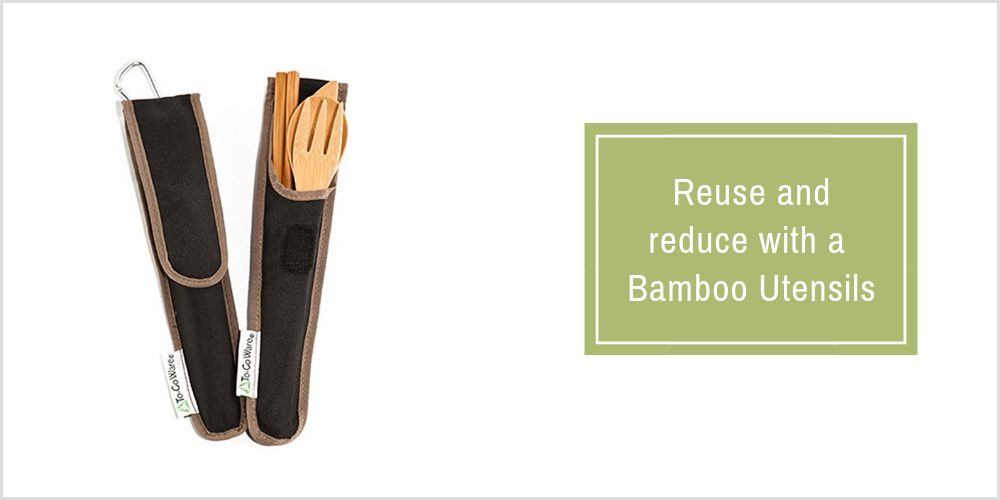
But for true minimalism, you have to love the bamboo spork. The pinnacle of efficiency, with its sleek design and low profile, nothing can rival the functionality of the bamboo spork. You can even find them at Bambu Batu with a handsome cork carrying case. And yes, they make perfect gifts. More sporks means less waste, so give generously!
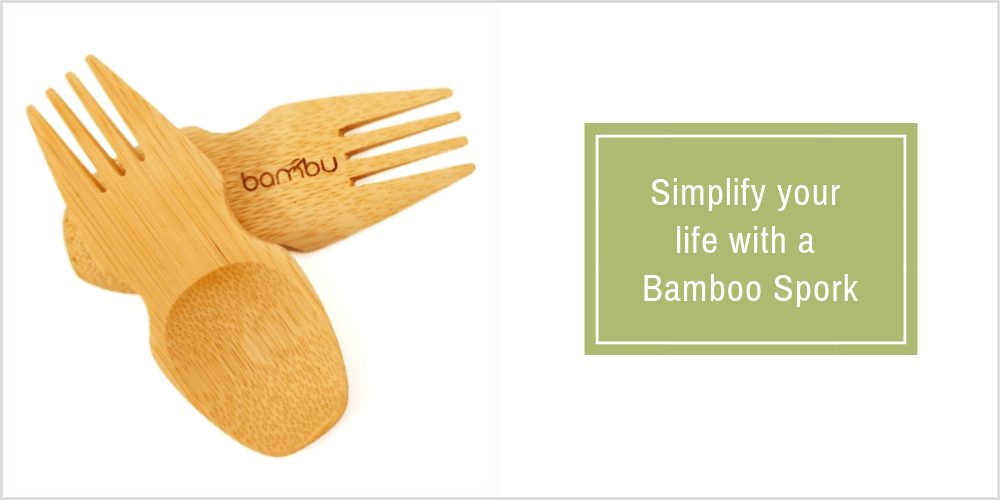
Finally, stop throwing away those pesky plastic straws after one use. Instead, you can order a set of 8 stainless steel straws that basically last forever. The set even comes with nice little brush keep the straws clean.
You might ask, with 8 billion people, what difference can I make with my one little straw and my one little spork? But if 8 billion people all ask the same question, and come back with the right answer, then of course we can make a difference. So go ahead, get started today, and be a part of the solution.
Learn more: For more tips on earth conscious consumption, check out the following links.
Disclosure: Bambu Batu is a participant in the Amazon Services LLC Associates Program, an affiliate advertising program that helps pay for the maintenance of the site. When items are purchased through our links, Bambu Batu receives a small commission at no additional cost to the customer. It’s a free and easy way for you to support a small, family-owned business like ours.

